Curious about intermittent fasting and working out for weight loss? We go through the evidence based pros and cons of this popular eating pattern.
Intermittent fasting is among a variety of diets right now that has stood the test of time. Even though intermittent fasting has been around for a while, it has gained some momentum within the last few years for its potential health benefits, including weight loss. We set out to review the most recent evidence on the topic and discuss whether intermittent fasting and working out will yield the best results for weight loss and your health.
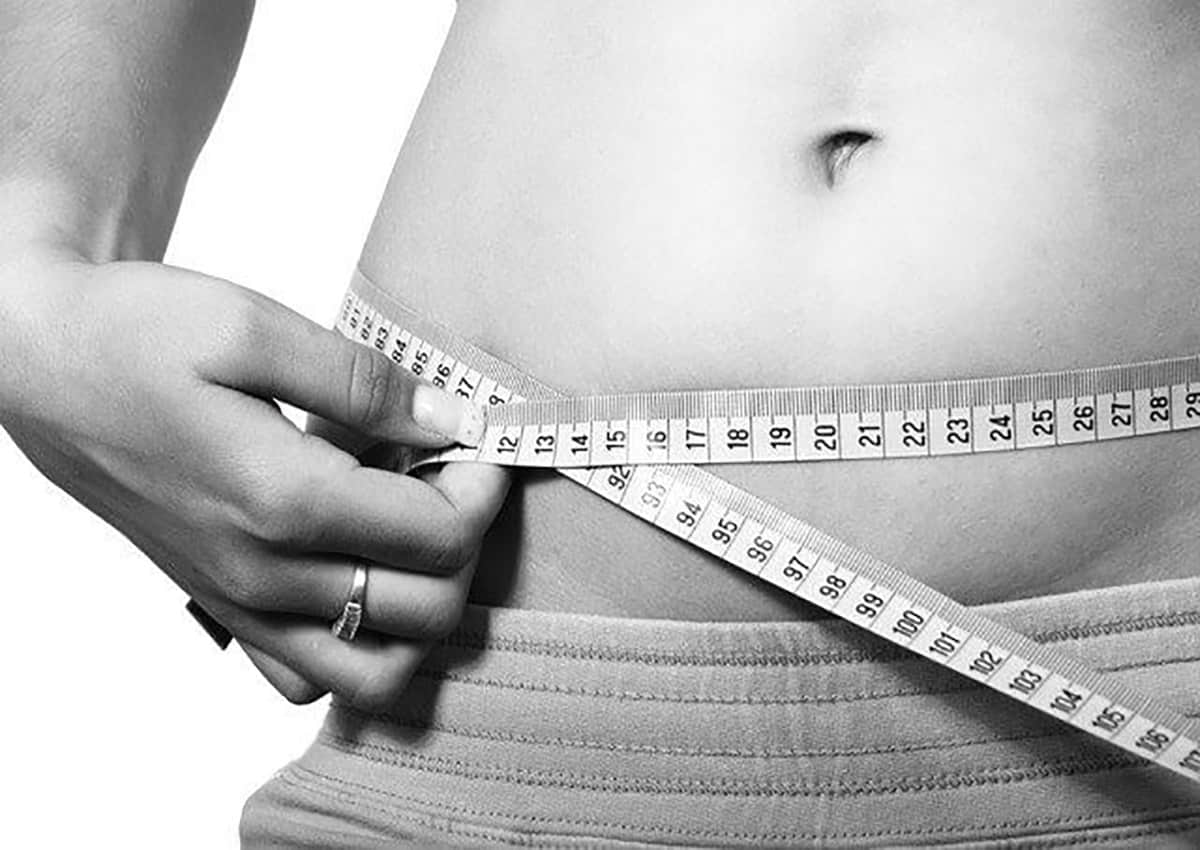
What is Intermittent Fasting?
Intermittent Fasting involves a temporary period of fasting followed by a designated eating window. The duration of both the fasting and eating window will depend on the type of fast being practiced. But typically, intermittent fasting promotes an eating window that is no longer than 8 hours in duration. This is followed by a fasting period that ranges from 16 hours to a maximum of 1.5 days and are usually no longer than 24 hours.
Compared to the typical “Continuous Energy Restriction” diets that promote a caloric deficit, intermittent fasting does not explicitly restrict food intake or total calories consumed. Instead, intermittent fasting determines WHEN you eat, not WHAT or HOW MUCH. With that said, during your eating window you have the freedom and flexibility to eat without a caloric restriction.
Types of Intermittent Fasting
This type of fasting alternates between feeding and fasting days, with the option for “modified” fasting days. Meaning, that fasting days can either be be a full fast, or 25% of usual caloric intake.
Also known as the 5:2 method, whole-day fasting involves fasting for 1 to 2 days of the week and eating normally for the remaining 5-6 days. Fasting days can be a full fast or eating very low calorie (around 500-600 calories a day).
This type of fasting is also known as the 16:8 method, and is arguably the most popular type of intermittent fasting as of late. It involves eating for 8 hours of the day and fasting for 16 hours of the day.
Does Intermittent Fasting Have Any Health Benefits?
Proponents of intermittent fasting and working out have suggested that fasting can have a multitude of health benefits, including:
- Improving glucose homeostasis
- Boosting energy
- Increasing growth hormone (GH) production
- Reducing inflammation by decreasing oxidative stress
- Lowering triglyceride (TG) levels
- Lowering blood pressure
- Increasing and protecting brain function
- Promoting longevity
- Increasing resistance to age-related diseases
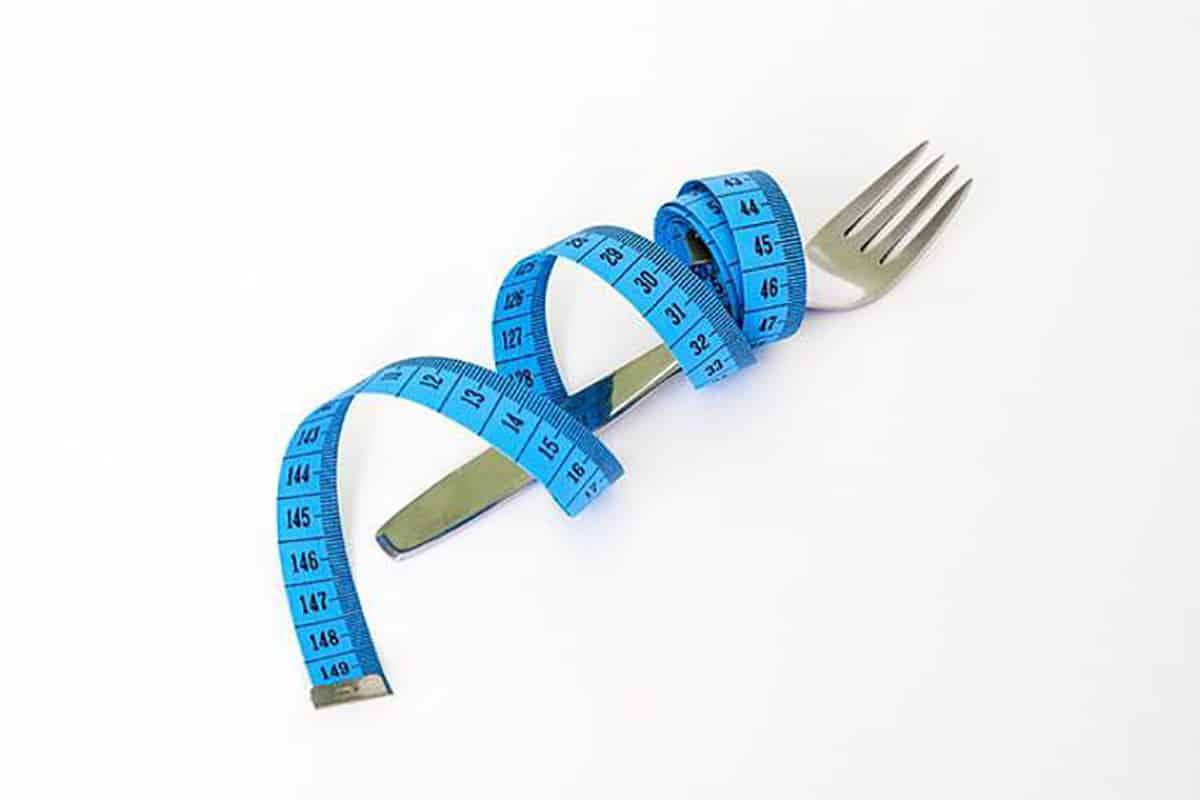
However, are these health claims on intermittent fasting true?
While there does exist promising research on the potential benefits of intermittent fasting and working out, unfortunately a lot of the health claims are based on animal studies. While there are some limited human studies that exist on intermittent fasting, many of these studies have mixed results. With that said, we need more extensive research on humans to get a clear picture of the potential health benefit of intermittent fasting.
With this in mind, what exactly DOES the research say about intermittent fasting and its effects on health? Let’s take a look at the PROS and CONS of intermittent fasting.
Pros of Intermittent Fasting
1. Weight Loss
Several human studies have found that fasting has been associated with a significant DECREASE in body weight, body fat, and waist circumference. Similarly, a recent 2020 study found that using intermittent fasting to treat obesity was highly effective, resulting in a 8-13% decrease in body weight among participants.
In addition, a 2019 systematic review and meta-analysis found that intermittent fasting was just as effective as Continuous Energy Restriction (CER) for weight loss. Which means that a more flexible diet like intermittent fasting can yield the same weight loss results as a restrictive diet.
2. Fat Loss
Studies have shown that with sufficient protein intake and resistance training, intermittent fasting and working out may help improve fat loss while RETAINING fat free mass (aka muscle mass) compared to daily calorie restriction-type diets.
3. Blood Sugar
Animal studies suggest that intermittent fasting may improve insulin sensitivity and glucose homeostasis. A 2017 systematic review reported that intermittent fasting resulting in a reduction in HbA1C (long-term blood sugar levels) compared to a continuous energy restriction diet.
4. Cholesterol & Blood Pressure
Intermittent fasting may help to improve LDL and total cholesterol levels. Some research has also shown that it may reduce blood pressure and triglyceride levels. These measures are all important for preventing and reducing the risk of various diseases – notably, cardiovascular disease.
5. Inflammation
Additionally, intermittent fasting has been linked to a reduction of inflammation in the body. It was demonstrated that intermittent fasting can promote an increase in adiponectin, which can help to decrease inflammation by inhibiting inflammation causing monocytes.
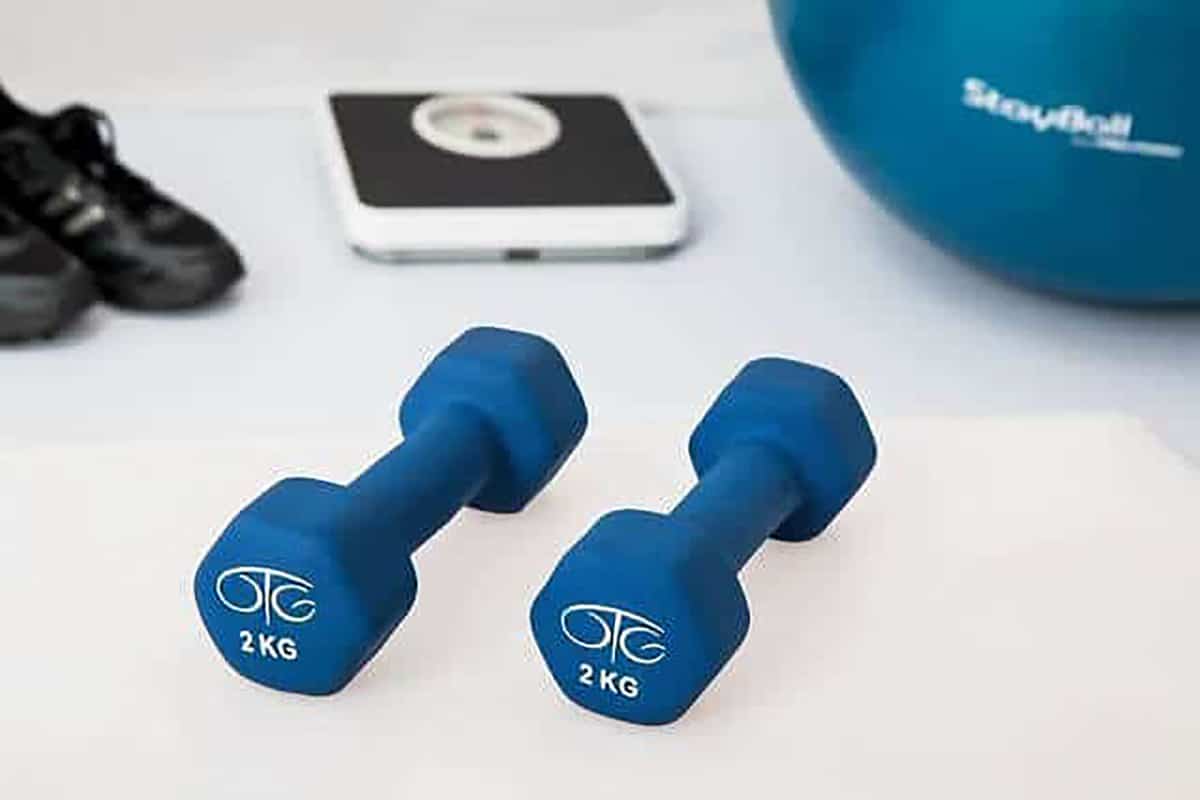
5. Brain Functioning
A 2018 review found that intermittent fasting was associated with reduced oxidative stress and better memory. It also suggested that intermittent fasting was associated with an increased lifespan and a reduction in age-related diseases. However, all studies in the review were conducted on animals.
4. No calorie restriction
That’s right! You can still eat the same number of daily calories and don’t have to take away or change the type of foods you eat. Studies have even found that there is no huge difference between continuous calorie restriction and fasting in terms of short term weight loss.
5. Larger portions in a shorter period of time
Some people may prefer the shorter eating window during intermittent fasting because consuming larger portions of food in one sitting might better align with your natural hunger and fullness cues. On the contrary, some individuals who prefer to eat smaller more frequent meals throughout the day may find intermittent fasting more difficult to adhere to.
Cons of Intermittent Fasting
1. Interferes with the Social Aspect of Eating
Eating is very much a social activity. When you think about it, all of our celebrations, milestones and special occasions revolve around food. However, the shortened eating window during intermittent fasting may present a challenge when it comes to social gatherings around food.
Not to mention, you might be missing out on those late night romantic dinners, home-made family suppers, birthday dinners, lunch meetings with your boss and co-workers, and maybe even sharing a meal with your spouse and kids. Not so fun.

2. Low Energy Levels
A 2016 systematic review found that some intermittent fasting participants experienced minor adverse physical ailments including: feeling cold, constipation, headaches, lack of energy, bad temper and lack of concentration. Under these circumstances, it would be difficult to have the energy or motivation to be active and do your daily activities.
Getting enough fuel throughout the day is important in order to maintain our energy levels. With that in mind, intermittent fasting may present a challenge to some people if following a time restricted eating schedule impedes upon their daily activities and hunger levels. Which brings us to our next point…
3. Increased Hunger
If intermittent fasting and working out results in an uncomfortable hunger level, this might prompt some individuals to consume more than what they would normally eat when their eating window finally opens up. While intermittent fasting can certainly work for some people without resulting in increased hunger, it really comes down to your unique hunger and fullness cues.
If you are someone who feels hungry later on in the day and feels more satisfied with 3 larger meals, then intermittent fasting may be a better fit. However, if you are someone who likes to consume smaller more frequent meals throughout the day and feels hungry in the morning and at night, then practicing intermittent fasting may cause you to feel more hungry during the fasting windows.
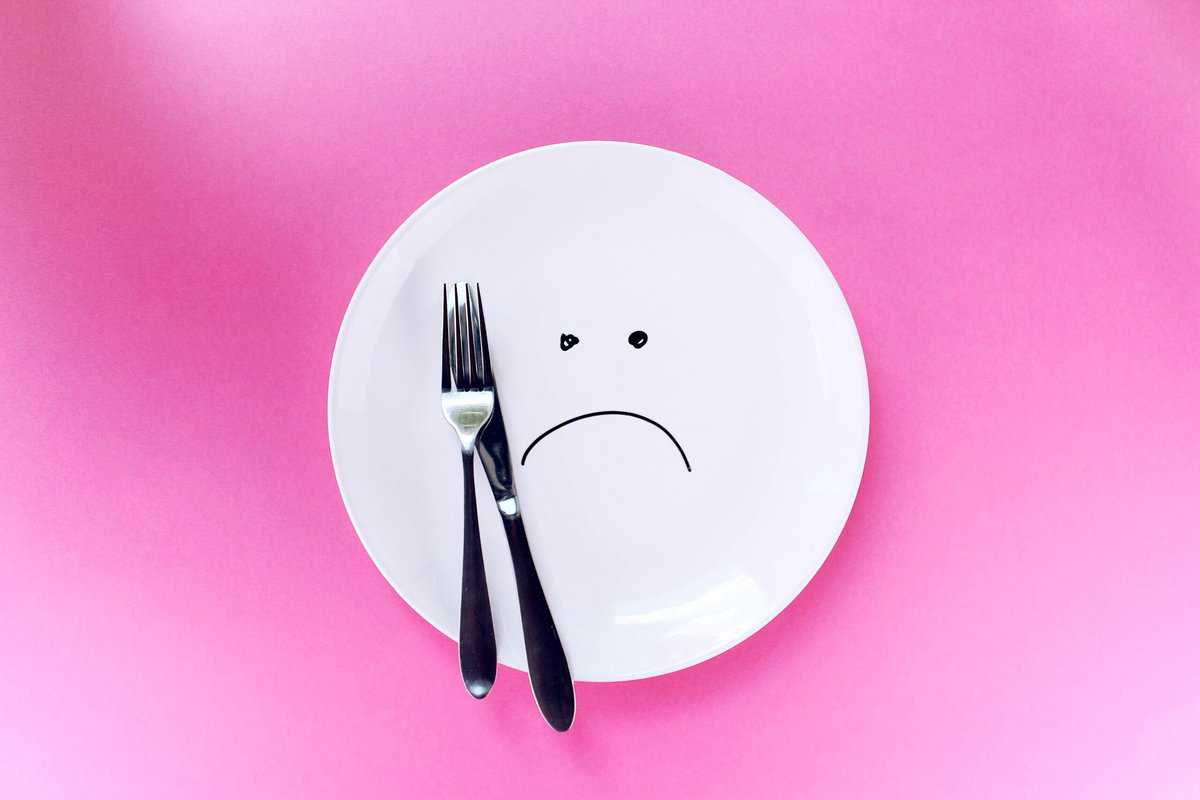
Some individuals may experience digestive discomfort after consuming large volumes of food in one sitting during their eating windows. This can include digestive symptoms such as gas, cramping, abdominal pain, indigestion and bloating. However, everyones body is unique so whether or not you experience digestive symptoms from intermittent fasting is highly individualized, but is something to keep in mind if intermittent fasting drastically alters your eating pattern or the amount of food you eat in one sitting.
With that said, intermittent fasting may not be a good fit for individuals with IBS as their gut tends to be more sensitive and prone to inflammation. Therefore, these individuals are more susceptible to cramping, abdominal pain and bloating.
5. Unclear Impact on Heart Health
For cardiovascular markers such as total cholesterol, some mixed results were also observed in alternate-day intermittent fasting. In this study, both LDL (BAD cholesterol) and HDL (GOOD cholesterol) increased, while triglyceride levels decreased. However, other studies show that total cholesterol and LDL decreased or HDL remained the same. Considering these mixed results, clearly we need more human studies on intermittent fasting to get a clear picture on its impact on heart health.

6. May Trigger Disordered Eating
If you are someone with a history of disordered eating or an eating disordered, intermittent fasting may be triggering and not recommended for you. Rather than listening to your internal hunger cues, following a set of “rules” while intermittent fasting (i.e. when to eat and when not to eat) might interfere with your relationship with food.
As discussed, it may also lead to increased hunger which can potentially lead to a binge which may exacerbate existing eating disorder symptoms or the “binge-restrict” mentality. In addition, a 2016 review found that some intermittent fasting participants experienced a preoccupation with food.
7. Potential Long-term Health Consequences (Especially for Women!)
While intermittent fasting does not explicitly involve caloric restriction (as there is no caloric limit during eating windows), it may still result in consuming less calories.
With that in mind, excessively restricting energy and protein can increase the risk of nutrient deficiencies which can potentially lead to fertility and reproductive issues in women.
Some animal studies have shown that fasting led to decreases in body weight, blood glucose levels and more shockingly, reduced ovary size – which significantly impacting fertility in rats. A 2017 review on women found that three consecutive days of a total fast during the mid-follicular phases affected the luteinising hormone which controls ovulation. However, it did not interfere with follicle development or menstrual cycle length.
Although there are limited human studies on intermittent fasting’s effects on fertility, these significant results suggest that there may be similar effects on human females as well.

8. Potential Weight GAIN!
Reducing energy intake too severely can lead to the body responding with physiological adaptations. While intermittent fasting and working out does not explicitly restrict total calories, it can very often lead to weight gain due to the time restricted eating windows.
With that said, any extreme weight loss (whether it be from intermittent fasting or any other restrictive diet) can potentially cause weight regain shortly – also known as weight cycling.
In any case, it is difficult to assess whether intermittent fasting, specifically, results in weight regain as there have not been any long term studies testing the sustainability of the diet.
9. Slower Metabolism
Fasting for prolonged periods too frequently and without adequate caloric intake causes the body to go into starvation mode. When in starvation mode, metabolism slows down as a way to conserve energy and the body begins to use your muscle protein as a source of fuel. Even a short 24 hour fast can lower your BMR (Basal Metabolic Rate).
Is Intermittent Fasting Right For You?
While there may be many potential health benefits to intermittent fasting and working out, the research is highly mixed and limited. Although intermittent fasting is a more flexible alternative to a calorie restricted diets, it may not be a good fit for everything – especially those who struggle with disordered eating or have an eating disorder. However, it may be more suitable to those who thrive and feel their best eating larger meals later on in the day, rather than those who prefer smaller more frequent meals. It really depends on an individuals unique needs and hunger cues.
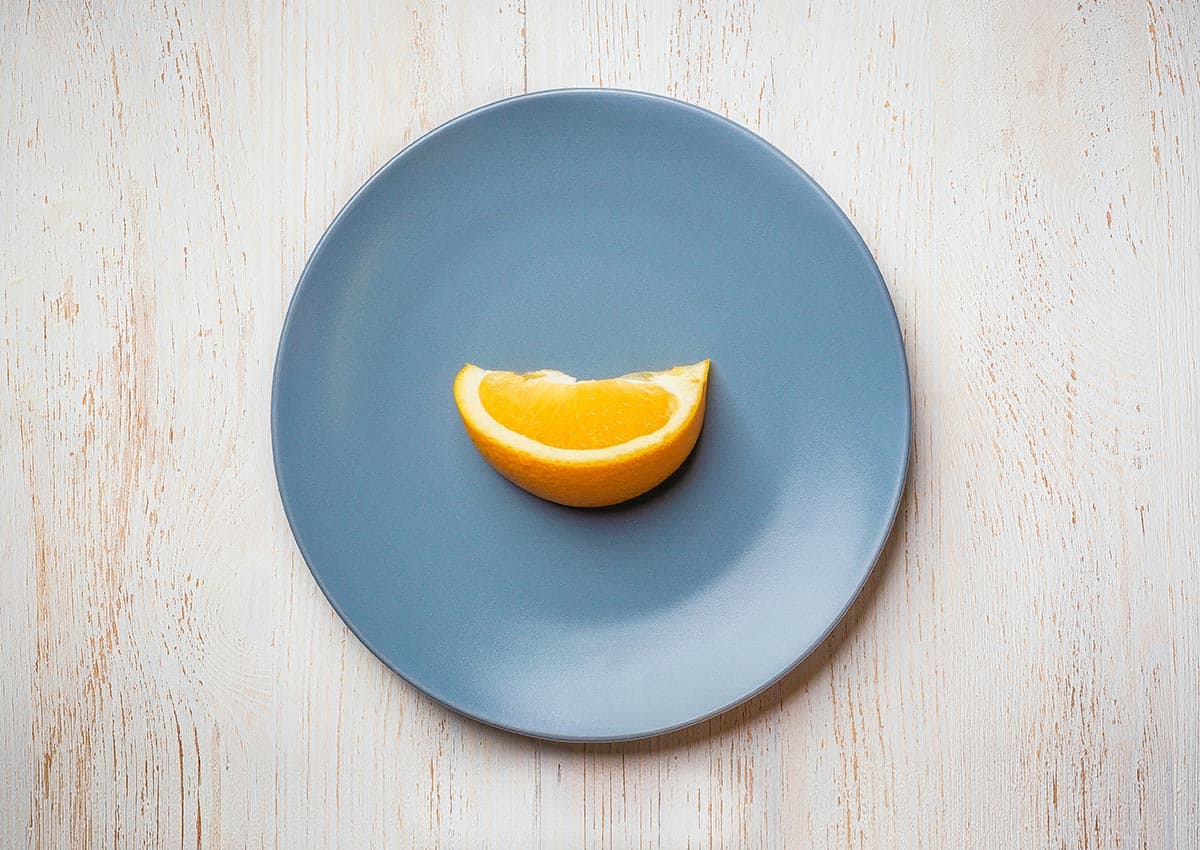
Personally, I’m not convinced by the research. I believe that any “diet” that requires you to disregard your body’s innate hunger and satiety cues is not likely to be sustained. But if you do decide to try intermittent fasting and working out, always speak with a Registered Dietitian for personalized advice and supervision. Ultimately, the goal here is not to cause your body to go under any sort of chronic stress. Instead, to nurture and show it some love by taking care of it, starting with a foundation of a nutritious diet.
What do you think of the intermittent fasting pros and cons? Have you tried intermittent fasting and working out? Did you see any health benefits? Let me know below!
Research by Rachel Shim and Sofia Tsalamlal, RD, MHSc
More Blog Posts You Might Like:
If you liked this blog post discussing intermittent fasting and working out, then you might also enjoy more blog posts on diet myths:
- The Best Pre and Post Workout Meals
- Intermittent Fasting For Weight Loss: The Evidence Based Pros and Cons
- Can You Drink Coffee While Intermittent Fasting
- What Is The Best Beverage To Drink During Exercise?
- Exercise for Weight Loss Mistakes & Myths
- Protein for Weight Loss and Metabolism

Abbey Sharp is a Registered Dietitian (RD), regulated by the Ontario College of Dietitians. She is a mom, YouTuber, Blogger, award winning cookbook author, media coach specializing in food and nutrition influencers, and a frequent contributor to national publications like Healthline and on national broadcast TV shows.
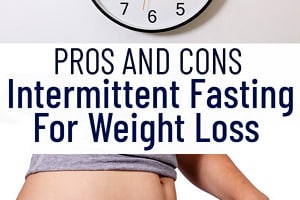
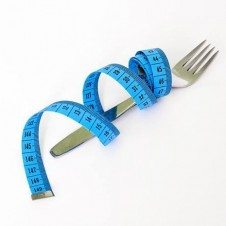
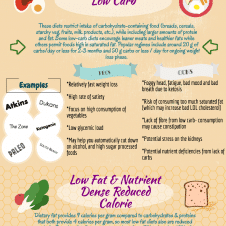


Tommy W says
Hi, so I have been looking at your research and it dates back as far as 7 years. As this diet is growing into a fad, new and better research is coming up and I don’t see any of that here. Also, lots of that research is also animal-based. Animals are usually bred and held in captivity with a perfect diet before something like fasting. They also have very different metabolic outputs and so these effects could be very different than what we expect to see in humans. I was using this page for extensive research, but it seems the research is not newly found and a chunk relates only to animals. If you have done intermittent fasting or have great new human sources I would be glad to hear about them and I would enjoy an interview as I am creating a nice collage. Thank you for your time and I hope you can get back to me.
Abbey Sharp says
Hi Tommy. Thanks for your feedback. I’ll definitely consider doing an updated post on IF in the future.
online medicine says
Excellent work and explained very clearly than https://blog.medplusmart.com/intermittent-fasting-natural-way-better-health/
Abbey Sharp says
Thanks love
Quick Weight Loss Center in Birmingham says
Useful tips !
Abbey Sharp says
Thank you
Natalie Santana says
I have a question about this. You mentioned that one of the major pitfalls is binging during feasting periods. I’ve been trying IF recently (16/8), basically just skipping breakfast, but I haven’t noticed a desire to eat any differently during my 8 hour eating period. If this is the case, do you feel like that mitigates this pitfall?
Some of the other pitfalls you mentioned seem to be more related to skipping entire days’ worth of meals. In your opinion, is that still a concern on a 16/8 fast?
Just curious to hear more of your thoughts. I love your content and your focus on positivity!
Abbey Sharp says
Hi Natalie. Its great to hear that a 16/8 fast is working for you! Ultimately the best diet is one you can sustain in the longterm. If you are are not experiencing any binging or restriction then thats ultimately a win.
Renee says
Starvation mode is a myth and you do not lose muscle mass when fasting…
https://www.ncbi.nlm.nih.gov/pubmed/20300080
https://www.ncbi.nlm.nih.gov/pubmed/27569118
Dr Fung is an excellent source : https://www.dietdoctor.com/does-fasting-burn-muscle
Abbey Sharp says
Dr Fung’s content has also been debunked.
Will Schafrick says
Intermittent fasting combined with a Ketogenic diet is the way to go for sustained weight loss.
Please read “the Obesity Code” by Dr.Fung.
There is a very good and clear explanation there about what causes obesity (hormonal imbalance), what can be done about it (eat the right foods, at the right time), and why eating 6 meals a day is the worst thing you can do to yourself (sustained high insulin).
Abbey Sharp says
Great, thanks for sharing!
Stella C. Schweigert says
Great post! For me, Intermittent fasting at level 2 (16 hours) combined with morning exercise is one of the best combos you can do for your body
Abbey Sharp says
Thanks for sharing!
Daniel Rosenthal says
Great article! Intermittent fasting works very well for me if I’m trying to get leaner.
As you mentioned in your article, I’m one of those people who find it easier to eat two big meals instead of three average-sized meals; in other words, calorie control is easier for me.
Also, there’s strong evidence that daily fasting makes you more insulin sensitive: https://www.ncbi.nlm.nih.gov/pmc/articles/PMC5064803/
And it can also increase testosterone levels too (in men, anyway), which is catabolic for fat tissue: https://www.ncbi.nlm.nih.gov/pubmed/3106181
Those two things combined can make weight loss happen a little faster.
Abbey Sharp says
Thanks for sharing!
Amanda says
You cited a study about rats undergoing intermittent fasting and thereby having smaller ovaries and fertility problems.
Was the right link given? I can’t seem to find that information on the link provided!
Abbey Sharp says
Sorry about that! Here’s the link: https://www.ncbi.nlm.nih.gov/pmc/articles/PMC3558496/
Md Ali says
As so many health gurus are trying to sell the next best thing ‘internittent fasting’ nowadays, I did a little bit of reading and my first thought was ‘it’s flawed’. Gurus only talk about biomechanics of advantages and none about the disadvantages. Your article has brought the pitfalls very well. In my context, as a competitive athlete I consume 3500 calories a day mostly from clean sources. How am I supposed to eat that much of food within 8 hrs window? And then my training has to be scheduled within the feeding window, which is during office hrs, or else I can’t fuel my workout. I have been eating big, 5-6 meals a day, training hard, maintaining a lean and strong physique for years. By virtue of that I am convinced that you don’t need a fancy thoery or program when it comes to dieting. It’s really enough to keep it simple by living a disciplined lifestyle.
S says
You are a competitive athlete, and therefore your needs are way different than the average person who would be extremely obese if they consumed 3500 per day.
dixya @food, pleasure, and health says
i have heard great things about IF although its not sustainable for many people and like you said, its not for everyone.
Abbey Sharp says
Yup for sure. It’s definitely a hard diet to maintain
GiGi Eats says
I have been living the IF life for 17 years!!! And I would never live any other way. At this point it’s like clock work for my body. I get hungry at specific times I know I will get hungry and that’s when I am prepared to eat! 😉
Abbey Sharp says
That’s great that it works for you love!
Cate says
Thank you! As a dietetic intern I am always looking for comprehensive reviews by dietitians on emerging diet trends. This was a really good one!
Abbey Sharp says
aw thanks love!
Dan DeFigio says
Very well-done, well thought out article. Thanks and keep up the good work!
Abbey Sharp says
Thanks Dan! Glad you liked . Please feel free to share with your circles.
Tony W says
I initially read your title as “Intermittent Tasting for Weight Loss” because of the font and I said “No Way”. LOL
Abbey Sharp says
Lol haha that would suck